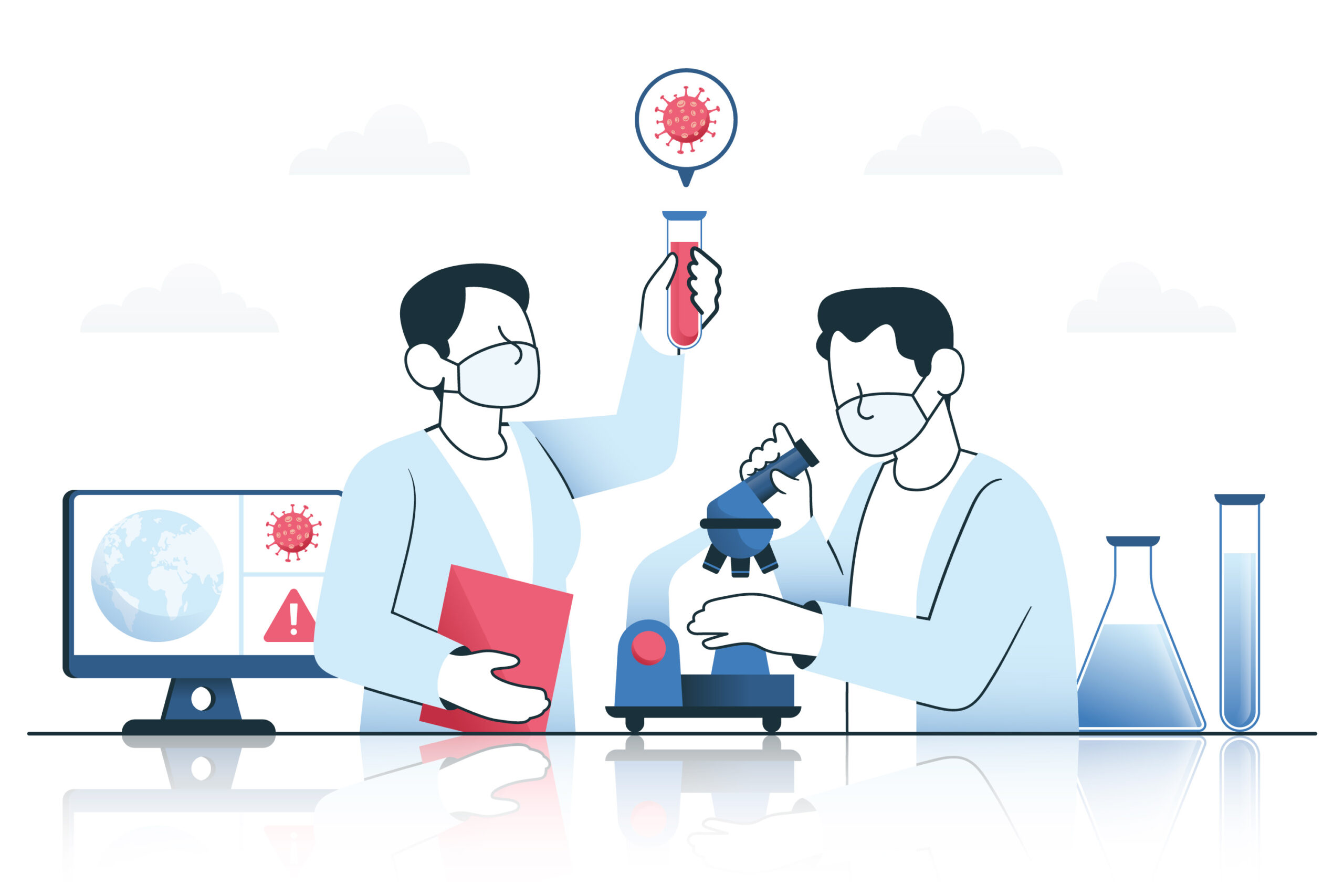
As a fresher preparing for a Medical Coder interview, it’s important to demonstrate a solid understanding of medical terminology, coding systems like ICD-10, CPT, and HCPCS, attention to detail, and a keen willingness to learn. Since you lack hands-on experience, the interviewer will likely focus on your academic knowledge, familiarity with medical coding standards, and ability to work efficiently in a detail-oriented environment.
1. Preparation for the Interview
- Understand the Role of a Medical Coder: Medical coders translate healthcare diagnoses, procedures, and services into standardized codes using coding systems like ICD-10, CPT, and HCPCS. The codes are used for medical billing, insurance claims, and ensuring accurate patient records.
- Learn the Basics of Coding Systems:
- ICD-10 (International Classification of Diseases): Codes used for diagnoses.
- CPT (Current Procedural Terminology): Codes used for medical procedures.
- HCPCS (Healthcare Common Procedure Coding System): Codes for medical equipment and services not covered in CPT.
- Medical Terminology: Review medical terms related to anatomy, physiology, diseases, and procedures.
- HIPAA and Compliance: Understand the importance of patient data privacy under HIPAA (Health Insurance Portability and Accountability Act).
- Basic Computer Skills: Coding requires proficiency in using coding software and Electronic Health Record (EHR) systems.
2. Key Skills Required
- Attention to Detail: Medical coders must be meticulous in reviewing medical records and applying the correct codes.
- Knowledge of Medical Terminology and Coding Standards: You must have a basic understanding of common diseases, treatments, and the corresponding codes.
- Analytical Thinking: Ability to interpret medical records, notes, and reports to assign the most accurate codes.
- Communication Skills: Ability to collaborate with healthcare providers, billing staff, and insurance companies.
- Ethics and Compliance Awareness: Maintaining patient confidentiality and adhering to coding regulations.
3. Common Interview Questions and Suggested Answers
Basic Knowledge Questions:
- Q1: What is medical coding, and why is it important in healthcare?
A1: Medical coding is the process of translating healthcare diagnoses, procedures, and services into standardized alphanumeric codes. These codes are crucial for billing insurance companies, maintaining accurate patient records, and ensuring compliance with healthcare regulations. It ensures that healthcare providers are properly reimbursed for the services they provide. - Q2: Can you explain the difference between ICD-10 and CPT coding?
A2:- ICD-10 (International Classification of Diseases, 10th Revision) is used to code diagnoses and health conditions. Each code corresponds to a specific illness, disease, or health problem.
- CPT (Current Procedural Terminology) codes are used to describe medical, surgical, and diagnostic procedures and services provided to a patient.
- Q3: What is HCPCS, and when is it used?
A3: HCPCS (Healthcare Common Procedure Coding System) is used primarily for coding medical equipment, supplies, and services that are not included in the CPT coding system. HCPCS Level II codes are commonly used for services like ambulance transportation and durable medical equipment. - Q4: What do you understand by HIPAA, and why is it important in medical coding?
A4: HIPAA (Health Insurance Portability and Accountability Act) is a US law that mandates the protection and confidential handling of patient health information. In medical coding, HIPAA ensures that patient data is used appropriately, with confidentiality maintained at all times during the coding and billing processes.
Scenario-Based and Practical Questions:
- Q5: If a healthcare provider’s documentation is unclear, how would you proceed to assign the correct code?
A5: If the documentation is unclear, I would reach out to the healthcare provider to clarify any ambiguities in the patient’s medical record. It’s essential to have accurate information before assigning a code, as coding errors can lead to billing mistakes or even compliance issues. - Q6: How would you prioritize and manage your workload if you have multiple charts to code in a limited time frame?
A6: I would prioritize the workload based on deadlines or the complexity of the cases. For example, I might start with the more straightforward cases to clear them quickly before moving on to more complex cases. I would ensure I maintain accuracy even when working under time constraints by carefully reviewing each chart. - Q7: Can you walk me through the steps you would take when coding a patient’s medical chart?
A7:- I would begin by thoroughly reviewing the patient’s medical chart, including notes, diagnoses, and procedures.
- Next, I would identify the primary diagnosis and any secondary diagnoses.
- I would then select the appropriate ICD-10 and CPT codes based on the diagnoses and procedures documented.
- Finally, I would ensure that the codes match the services provided and are compliant with insurance and regulatory requirements before submitting them for billing.
Technical and Coding Questions:
- Q8: How familiar are you with medical coding software? Have you worked with any specific systems?
A8: While I am a fresher and haven’t worked directly with specific coding software, I have gained familiarity with coding platforms and EHR systems through my coursework. I am confident that I can quickly learn and adapt to using any software with hands-on training. - Q9: What do the terms “upcoding” and “downcoding” mean in medical coding?
A9:- Upcoding is the practice of assigning a higher-level code than what is justified by the medical record in order to receive higher reimbursement, which is unethical and illegal.
- Downcoding occurs when a lower-level code is assigned than what is justified, which can lead to underpayment for the services rendered.
- Q10: Can you give an example of how a diagnosis code and procedure code would work together?
A10: Suppose a patient visits a doctor for an upper respiratory infection (URI). The diagnosis code for the URI could be J06.9 (Acute upper respiratory infection, unspecified), and if the doctor performed a procedure such as a throat culture, the procedure code would be CPT 87081 (Culture, presumptive, pathogenic organisms, screening only). These codes ensure that both the diagnosis and the related service are documented accurately.
Behavioral Questions:
- Q11: How do you ensure accuracy in your work, especially when coding medical records?
A11: I ensure accuracy by carefully reviewing the patient’s medical records, cross-referencing diagnoses and procedures, and checking for any discrepancies. I also stay updated on coding guidelines and take the time to validate codes using coding manuals or reference materials. Attention to detail is key to avoiding errors in medical coding. - Q12: Describe a time when you had to handle a high-pressure task. How did you manage it?
A12: During my final exams, I had multiple assignments and deadlines, which created a high-pressure situation. I created a schedule to break down tasks, prioritizing the most critical assignments first. I stayed organized, avoided distractions, and maintained focus, which helped me meet all my deadlines without compromising quality.
Learning and Growth Questions:
- Q13: As a fresher, how do you plan to enhance your coding skills and knowledge?
A13: I am eager to continuously learn and grow in this field by staying updated on new coding regulations, attending workshops, and seeking certification such as the CPC (Certified Professional Coder). Additionally, I would actively seek mentorship and on-the-job training to improve my practical coding skills and ensure compliance with the latest standards. - Q14: Why are you interested in pursuing a career as a Medical Coder?
A14: I am interested in medical coding because it combines my passion for healthcare with my attention to detail and analytical skills. I enjoy the challenge of interpreting medical information and ensuring it is accurately coded for billing and compliance purposes. I believe this role is vital in maintaining the financial health of healthcare organizations and contributing to patient care.














